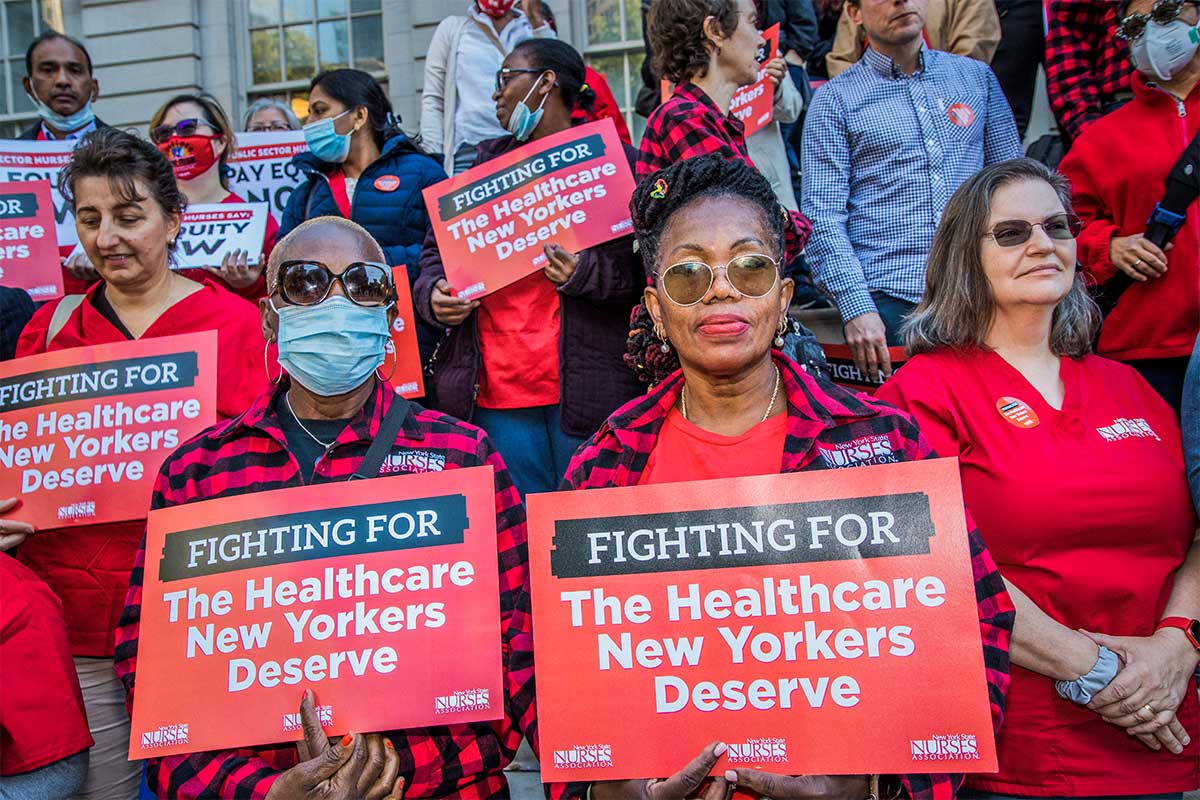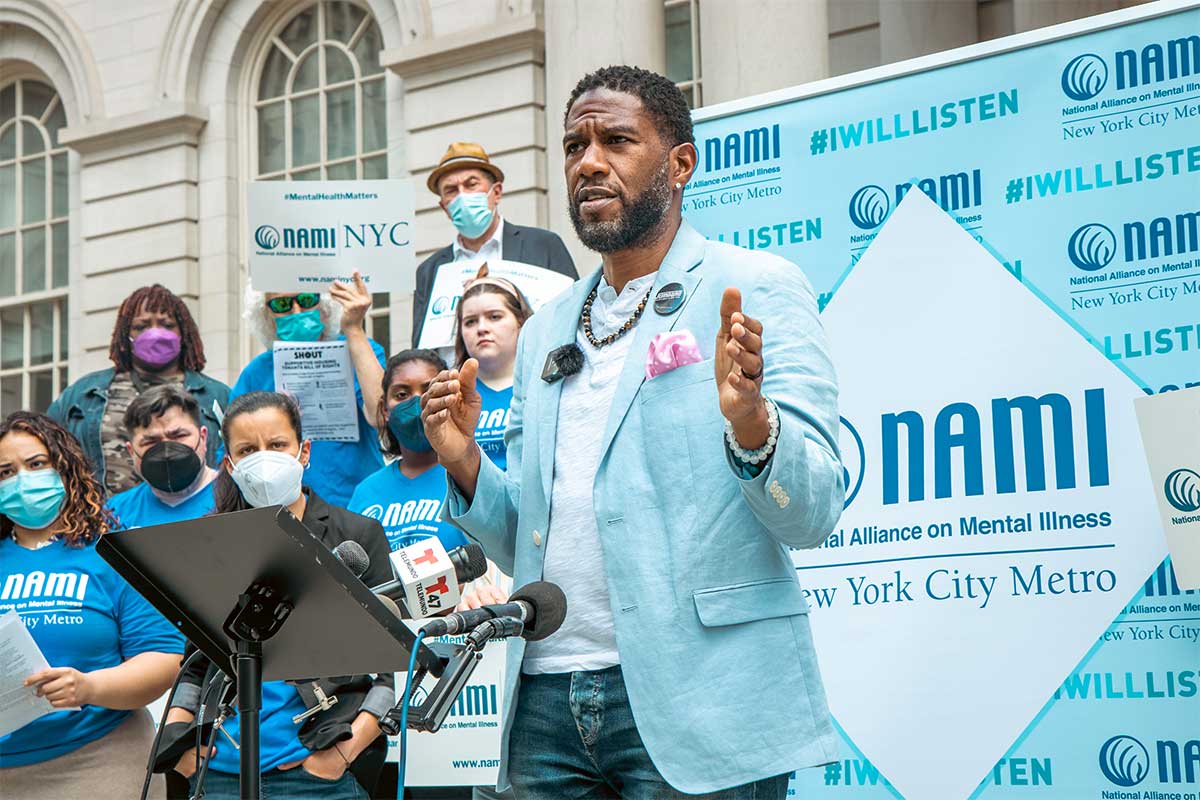This July, we commemorated Minority Mental Health Month, a time dedicated to raising awareness about the unique mental health challenges faced by racial and ethnic minority groups. Named in honor of mental health advocate Bebe Moore Campbell, Bebe Moore Campbell National Minority Mental Health Awareness Month was established in 2008. Also known as BIPOC Mental Health Month, this observance aims to improve access to mental health resources for minority communities and eliminate the stigma surrounding mental health issues. Minority Mental Health Month encourages open conversations, education, and advocacy year-round to ensure everyone receives the care and support they need, regardless of their background.
Addressing mental health disparities among marginalized groups involves understanding the dynamic interplay of various social, economic, and cultural factors. Systemic racism, for example, significantly impacts the mental health of minority populations by limiting access to quality education, housing, and employment opportunities. Systemic barriers and a heightened vulnerability to systemic violence contribute to chronic stress, anxiety, and trauma which can exacerbate mental health conditions.
Minority groups may often face cultural stigma surrounding mental health, which can discourage individuals from seeking help. In many cultures, mental health challenges may be viewed as a sign of weakness, leading to feelings of shame and isolation. This cultural stigma is compounded by a lack of representation in the mental health space, making it difficult for minority individuals to find providers who understand their cultural background and specific needs. People with mental health problems sometimes internalize public attitudes and become so embarrassed or ashamed that they tend to conceal symptoms and fail to seek treatment. Stigma also lowers their access to resources and opportunities, such as housing and employment, leading to diminished self-esteem and greater isolation. Additionally, cultural meanings of illness have proven to have significant disadvantages in regards to whether people are motivated to seek treatment, how they cope with their symptoms, how supportive their families and communities are, and where they seek help.

Efforts to improve mental health care for all must include culturally competent practices and policies. Culturally competent care involves recognizing and respecting the unique factors that influence an individual’s mental health and treatment preferences. This can manifest by offering services in multiple languages, providing education on mental health that is sensitive to cultural beliefs, and ensuring that mental health professionals and specialists receive training on cultural competency. On a broader scale, policy changes are necessary to address the structural barriers that prevent underserved communities from accessing care. This may include extending insurance coverage, increasing funding for community mental health services, and implementing anti-discrimination policies within the healthcare system. By addressing both the cultural and systemic factors that contribute to mental health disparities, we can create a more inclusive and effective mental health care system for all individuals.
Here at the Office of the Public Advocate, we aim to support all New Yorkers in finding the support systems they need. Below is a select list of resources, from directories of culturally competent, multilingual providers to support groups. Inclusion in this list does not equal endorsement, and we encourage readers to find the best resources for them.
Resources
- AFSP Mental health resources for marginalized communities
- Asian American Federation Mental Health Directory
- Black Girls Smile Inc.
- COVID-Conscious Therapist Directory
- Mental Health Coalition Resource Library
- Mental Health Resources from Megan Thee Stallion
- National Child Traumatic Stress Network Youth Resources
- NAMI-NYC Support Groups
- NAMI Stories Of Courage, Culture And Community
- National Queer & Trans Therapists of Color Network
- Project Healthy Minds
- Sakhi for South Asian Survivors Helpline
- Therapy for Black Girls
- Therapy for Black Men
- Therapy for Latinx
Connect for Resources
For assistance with emergency preparedness and resources, please feel welcome to reach out to our office for support. Call 212-669-7250 or email GetHelp@advocate.nyc.gov.
During an emergency, call or text 911 or the 988 Suicide & Crisis Lifeline.
- By Chioma Gregoire, Communications Intern
Images: Caroll Andrewsk for Office of the NYC Public Advocate
Don't miss the latest from the Office of the Public Advocate. Subscribe to the Advocate Bulletin newsletter.
